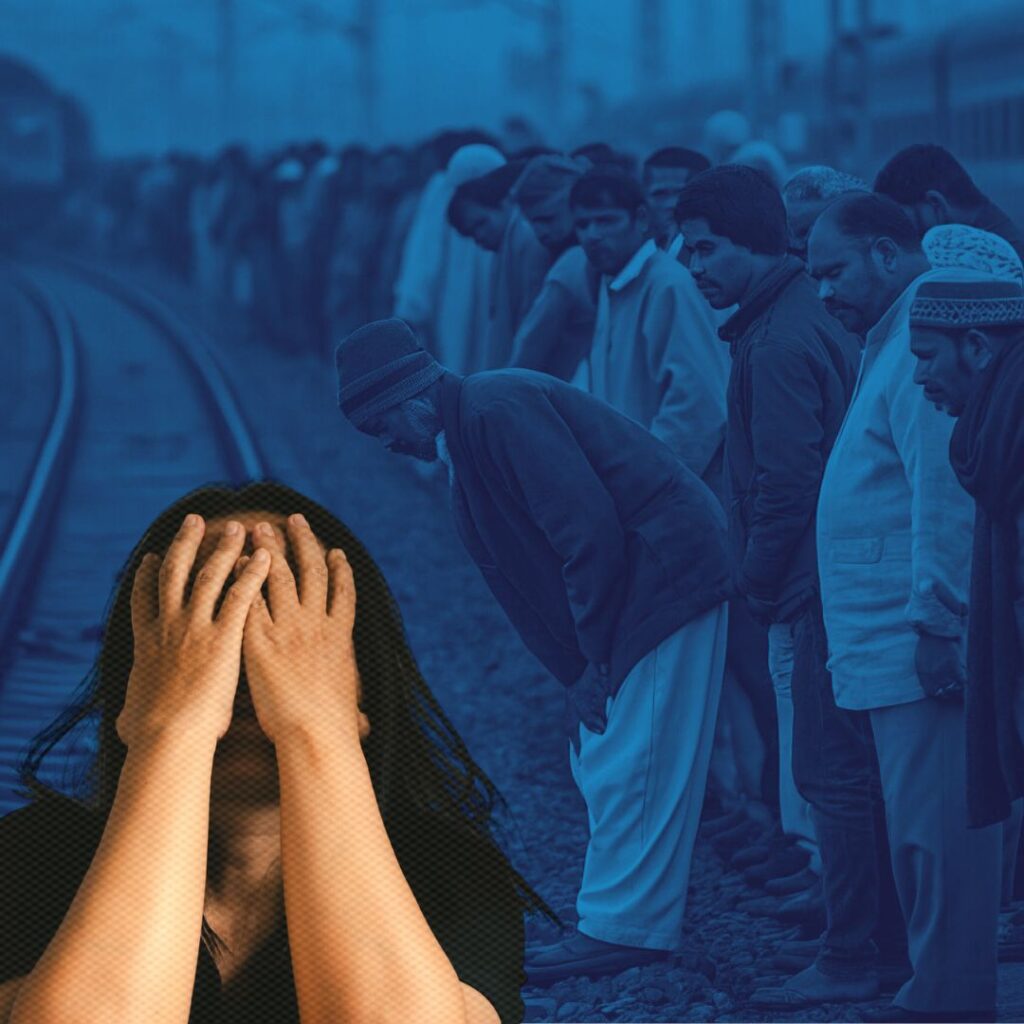The Muslim feminist Rokeya Sakhawat Hussain is remembered as the greatest Muslim feminist and a pioneer of women’s liberation movement in India. Despite coming from a highly conservative Muslim family, she went on to become a writer and educationalist with a great zeal in social reform to help women play a greater part in society. She was popularly known as Begum Rokeya.
Founded a school in memory of her late husband She was born in 1880 in an orthodox Muslim family in the village of Pairabondh in Rangpur district. During her time, English education was not considered fit for English education and therefore, she remained confined at home along with her sister to study Arabic. It was her brother who taught her English and Bengali and inspired her to write. Rokeya was married off at an early age of 16 to Syed Sakhawat Hossain, the deputy magistrate of Bhagalpur in Bihar. He supported Rokeya and propagated the idea that education among women is the best way to cure ills of the society. 11 years later Syed died and Rokeya founded a school for girls in Bhagalpur in the memory of her husband.
Condemning oppression of Muslim women Begum Rokeya was exposed to all the inequalities in the Muslim society where women were confined to the limits of the household. She was determined to free the women from shackles of patriarchy and conservatism. She also founded the association for Muslim Women called Anjumane Khawatine Islam with the aim to provide free education to poor Muslim girls, to arrange their marriage and to bring a sense of self-awareness among them. She was also a great novelist of her time who wrote about the injustices faced by Bengali Muslim women. In her writings, she condemned the oppression of women conducted in the name of religion. Some of her notable works include Sultana’s Dream (1905), Padmarag (1924), Motichur (1903) and Abarodhbasini (1931). All her writings put forward the idea of humanism.
Through her entire life, she remained a champion of equality among the rights of men and women. She died on December 9, 1932. Bangladesh observes December 9 as Rokeya day in her memory.











